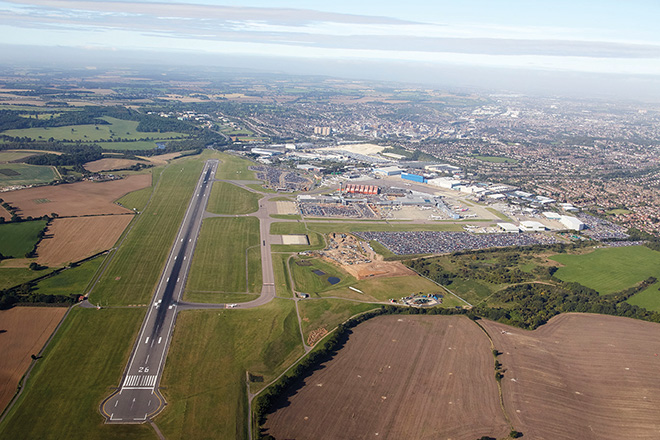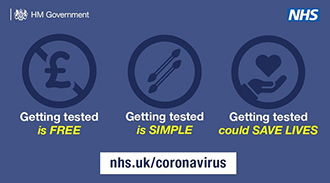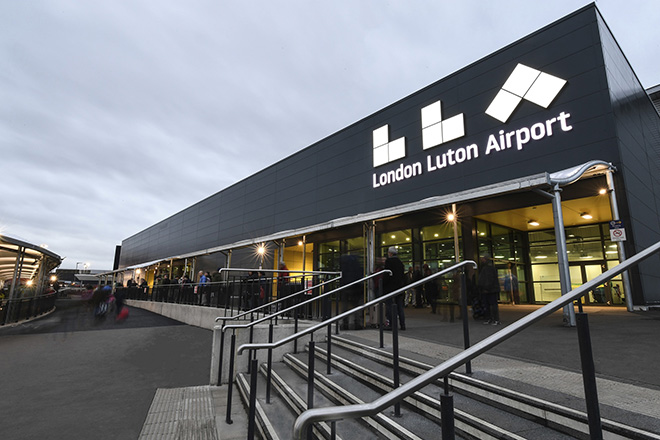MORE than 170 jobs are under threat at London Luton Airport.
Menzies Aviation, which employs 374 workers including baggage handlers, ramp agents, bus drivers and customer service staff, has notified unions of plans to reduce staff levels by 60%.
It plans to cut an initial 176 jobs – around half its workforce at the airport.
As a result of the Covid-19 pandemic many workers at Menzies have been furloughed under the government’s job retention scheme but that support ceases at the end of October. Unite, the principal aviation union and which represents the affected workers, has received notification of the proposed redundancies and has warned the “floodgates” would open on redundancies unless the government modified the jobs retention scheme.
Menzies is seeking volunteers for redundancy it is not offering any enhanced terms, which will almost certainly result in a large number of compulsory redundancies, said Unite’s regional officer Jeff Hodge.

“This is not just a hammer blow for the workers affected but for Luton itself as the sheer level of job losses at the airport is having a terrible effect on the local economy,” he added. “The real villains are the government who first promised to provide specific support to the aviation industry in March. The promised and vitally needed support has failed to materialise.”
Unite plans to begin negotiations with Menzies to mitigate the number of job losses and seek enhancements for voluntary redundancies to reduce the need for compulsory job losses.
It has joined other aviation unions and the TUC in calling for the government to undertake the economic and fiscal measures needed to support the sector, including:
• The extension of, and modifications to, the coronavirus job retention scheme to protect employment in the aviation sector;
• Suspension of air passenger duty;
• Public service obligation routes to ensure regional connectivity;
• Business rate relief for airports, as in Scotland and Northern Ireland;
• Extending the period of repayment of loans to aviation companies beyond the current two year maximum.
Mr Hodge said: “With the end of furlough fast approaching aviation companies, which have been the sector worst affected by the pandemic, are looking over a cliff edge and as a result job losses are increasing.
“The aviation industry is viable once Covid-19 is under control but the industry cannot bounce back if it continues to lose jobs like these. The bottom line is that workers should not be paying with their jobs.”


